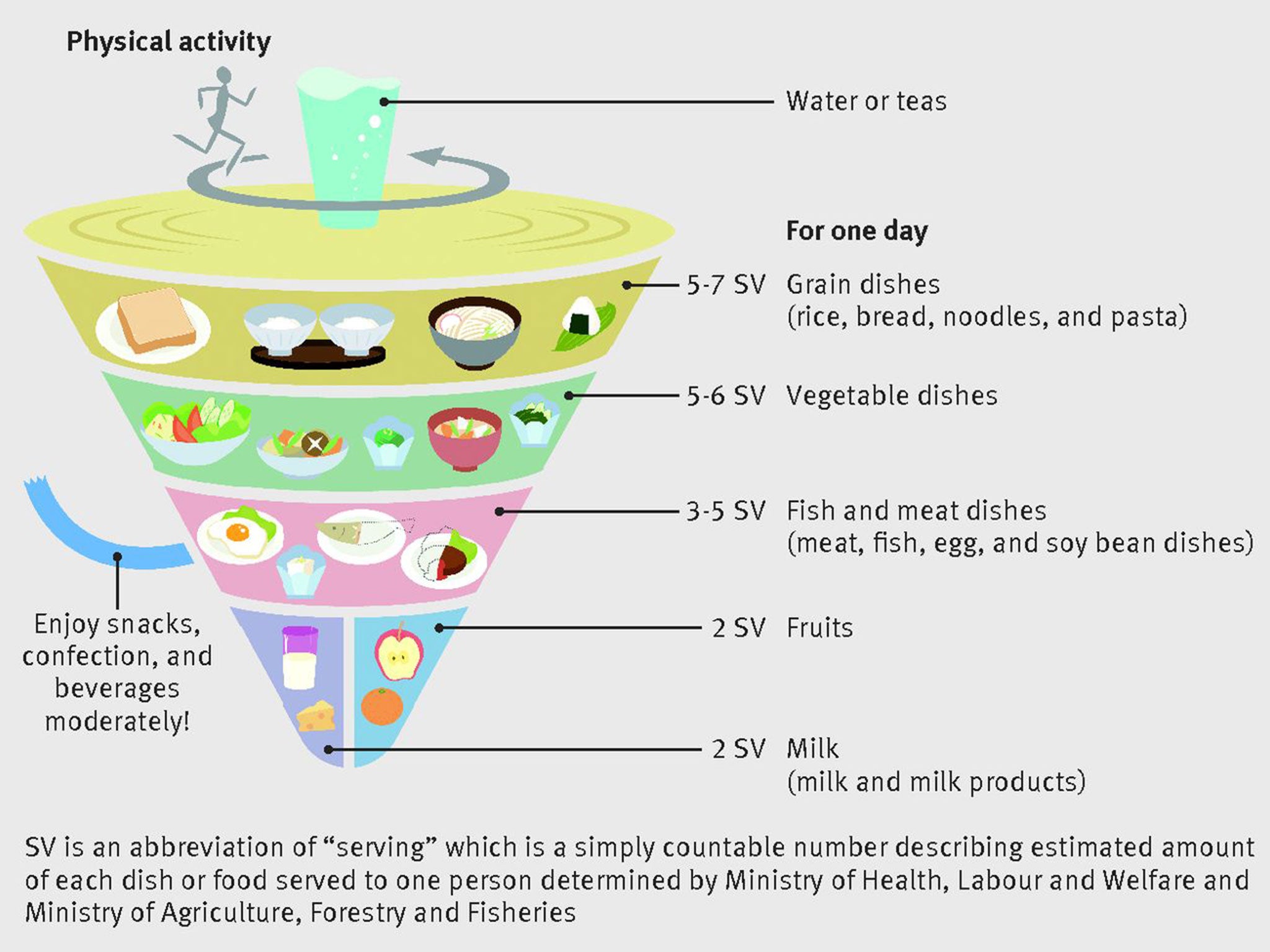Japan's high life expectancy linked to diet, study finds
The study assessed the diets of tens of thousands of men and women

Your support helps us to tell the story
From reproductive rights to climate change to Big Tech, The Independent is on the ground when the story is developing. Whether it's investigating the financials of Elon Musk's pro-Trump PAC or producing our latest documentary, 'The A Word', which shines a light on the American women fighting for reproductive rights, we know how important it is to parse out the facts from the messaging.
At such a critical moment in US history, we need reporters on the ground. Your donation allows us to keep sending journalists to speak to both sides of the story.
The Independent is trusted by Americans across the entire political spectrum. And unlike many other quality news outlets, we choose not to lock Americans out of our reporting and analysis with paywalls. We believe quality journalism should be available to everyone, paid for by those who can afford it.
Your support makes all the difference.The high life expectancy enjoyed in Japan is largely down to the nation's healthy diet, according to a new study.
The population of the island nation, which has one of the lowest mortality rates in the world, eat diets high in certain carbohydrates, vegetables, fruits as well as fish and meat.
Such foods make for a diet low in saturated fats, processed foods and high in carbohydrates gained from both rice and vegetables.

The Japanese government outlined a recommended food guide for the nation in 2005.
Around a decade later, researchers at the National Centre for Global Health and Medicine in Tokyo investigated how following the food guide affected the country’s mortality rate.
The team analysed food and lifestyle questionnaires completed by 36,624 men and 42,920 women aged between 45 and 75, who had no history of cancer, stroke, heart or chronic liver diseases. The participants were tracked for 15 years.
Researchers found that participants who closely followed the food guide had a 15 per cent lower mortality rate.
Such participants were less likely to have cerebrovascular disease: a term used to describe conditions caused by problem with blood supply to the brain.
The study concluded: “Our findings suggest that balanced consumption of energy, grains, vegetables, fruits, meat, fish, eggs, soy products, dairy products, confectionaries, and alcoholic beverages can contribute to longevity by decreasing the risk of death, predominantly from cardiovascular disease, in the Japanese population.”
James DiNicolantonio, a cardiovascular research scientist at St. Luke’s Mid America Heart Institute who was not involved in the study, told the Huffington Post: “We can learn a lot about how to be healthy from the Japanese, and it really comes down to ‘eat real food’ and ‘exercise.”
He added that the combination high quality foods low in saturated fats was particularly important.
Join our commenting forum
Join thought-provoking conversations, follow other Independent readers and see their replies
Comments